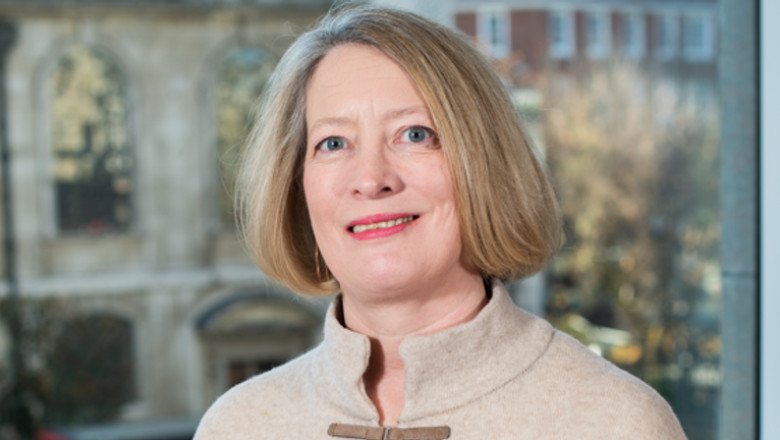
views
What happens to your pension savings when you die depends on several factors, including whether you’ve reached retirement age, the type of pension you have, your marital status and the beneficiaries you have nominated. Strap in, this is quite complicated… but here’s what you need to know…
What happens to your state pension?
It depends on whether you get the old or new state pension.
If you reached state pension age before 6 April 2016, you are on the old state pension. You may be able to inherit some of your spouse or civil partner’s state pension when they die.
If you don’t have a full national insurance record, you could top it up with your partner’s eligible years – increasing your basic state pension.
You may also be able to inherit part (generally 50%) of your spouse or civil partner’s additional state pension or graduated retirement benefit.
Money blog: Get the latest consumer news
Contact the Pension Service to check what you can claim.
Children or cohabiting partners are not entitled to anything.
If you are on the new state pension, so post 6 April 2016, you can’t make a claim for their national insurance qualifying years.
However, if your partner built up more than the full amount of state pension, the additional amount is a “protected payment”, half of which can be passed to your wife or husband.
Private pensions – defined benefit
Defined benefit pensions are now generally only available from public sector or older workplace pension schemes.
This type of pension pays a retirement income based on your salary, and how long you made contributions to your employer’s pension scheme.
If this is the pension you have, the money paid to your beneficiaries will be outlined in the scheme’s rules but often a spouse will receive around 50% of the money.
If your children are under 23 and in full-time education, or mentally or physically impaired, they may also be eligible to get a percentage of the pension you were getting (or were due to get, if you die before pension age).
“It’s really important a couple checks whether or not an individual (particularly the spouse) will actually qualify for the spouse’s pension if the person dies,” Penny Cogher, a partner at Irwin Mitchell LLP, said.
“They could have a very nasty shock if they don’t qualify because they weren’t married at the right time.
“Some schemes provide children’s pensions but there is no requirement to provide this.”
Private pensions – defined contribution
Money left over in your defined contribution pension can be paid to beneficiaries in a few ways:
If you’ve chosen the annuity route (which we explain more here), it depends on which type you bought – a joint life annuity can be passed to a second person, whereas a single life annuity dies with you, though some offer guaranteed periods for a set period of time.
If you chose drawdown (explained here), or for that matter, are still working, any money left can be passed on to family or whoever you wish.
In most cases, the trustees who are appointed by the scheme will pay those you have nominated in your “expression of wish” form but they are not obligated to do so.
“If somebody doesn’t have an expression of wish, then the trustees will decide who receives your pension benefits, which may not align with the pension holder’s wishes,” said Gorkem Barron, from Lubbock Fine Wealth Management.
Read more from the Money blog team:
Is the British pub making a comeback?
£1.65 decaf tea beats big names in taste test
Should you get a lifetime ISA?
Will it be taxed?
Pensions are not currently subject to inheritance tax.
But last year, the government extended the range of pension benefits that will become subject to inheritance tax from April 2027.
Almost all lump sum death benefits will be subject to inheritance tax rules, as will unused drawdown funds.
But remember, the first £325,000 of an individual’s estate is exempt.
And from 6 April this year, those seeking to transfer cash to pension schemes in the European Economic Area or Gibraltar will no longer be exempt from overseas transfer charges, as the government seeks to stop individuals reducing their tax liabilities by moving their pensions to another jurisdiction.
Inherited pensions can also be subject to income tax – though the rules on this are a little convoluted.
If you die before the age of 75, and are leaving money from a defined contribution pension pot or in drawdown, there’s no income tax unless the lump sum and death benefit allowance has been exceeded. The lump sum allowance is £1,073,100 – anything over that is taxed at the beneficiary’s marginal rates of income tax.
If you die at 75 or over, anything you pass will be subject to income tax at the beneficiary’s highest marginal income tax rate on any money they withdraw.
With defined benefit pensions that leave a regular income to beneficiaries, there’s usually no income tax – age doesn’t come into play.
https://wol.com/what-happens-to-your-pension-when-you-die-money-news/























Comments
0 comment